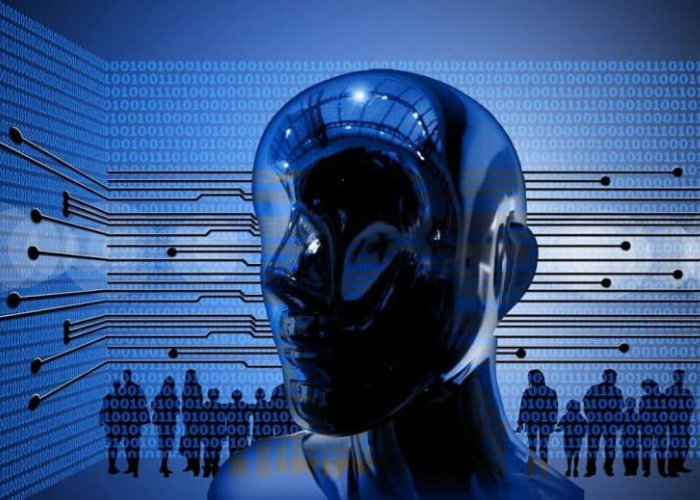Artificial Intelligence (AI) is a rapidly evolving technology that is revolutionizing the way we interact with machines and how machines interact with humans. It has been around for decades, but in recent years, it has gained an enormous amount of popularity, and its applications are expanding at a rapid rate. AI has the potential to revolutionize entire industries, from healthcare to transportation. It can provide solutions to some of the most difficult challenges humanity faces and create unprecedented opportunities for businesses and individuals.
What is Artificial Intelligence (AI)?
AI is a branch of computer science that deals with the study and design of intelligent agents capable of performing tasks that require human-level intelligence. AI is used to create intelligent systems and software applications that can analyze data and make decisions without human intervention. AI systems can be used to solve complex problems, automate processes, and improve decision-making. AI is being used in a variety of industries, including healthcare, finance, transportation, and manufacturing.
Impact of Artificial Intelligence in the Future
The impact of Artificial Intelligence on our lives is likely to be significant. AI will have a profound effect on the way humans interact with machines, and the way machines interact with humans. AI-driven systems will be able to analyze large amounts of data and make decisions faster, more accurately, and more efficiently than humans. AI will also enable machines to interact naturally with humans, allowing people to interact with the world around them in more meaningful ways. AI-driven systems will also be able to automate mundane tasks and provide personalized experiences to people.
Advantages and Disadvantages of Artificial Intelligence
AI provides many advantages, such as increased efficiency and accuracy, increased speed of decision-making, and automation of tasks that would otherwise be done manually. However, AI also has its disadvantages. AI systems can be difficult to control, and they can be prone to errors and biases. AI can also lead to job losses, as machines are increasingly able to do the work that humans used to do.
Artificial Intelligence and the Workforce
As AI continues to evolve and become more capable, it will have a profound effect on the workforce. AI-driven systems can automate mundane tasks, freeing up humans to do more creative work. AI can also be used to analyze data and make decisions faster, more accurately, and more efficiently than humans. This could lead to improved customer service and increased productivity. AI-driven systems can also be used to create personalized experiences for customers, which could lead to increased customer loyalty.
Benefits and Challenges of Artificial Intelligence
The benefits of AI are numerous, but there are also challenges that come with it. For example, AI systems can be prone to errors and biases, and they can be difficult to control. AI can also lead to job losses, as machines are increasingly able to do the work that humans used to do. Additionally, AI can be used to manipulate people, and it can be used to exploit people’s data without their knowledge.
Opportunities for Investment in Artificial Intelligence
The opportunities for investment in AI are immense. AI-driven technologies are being used in a variety of industries, including healthcare, finance, transportation, and manufacturing. AI-driven systems can automate mundane tasks, improve decision-making, and create personalized experiences for customers. Investing in AI-driven technologies can provide businesses with a competitive edge and create opportunities for improved efficiency, increased productivity, and improved customer service.
Conclusion
The future of Artificial Intelligence is exciting and full of potential. AI-driven systems can automate mundane tasks, improve decision-making, and create personalized experiences for customers. AI has the potential to revolutionize entire industries, from healthcare to transportation. It can also lead to job losses, as machines are increasingly able to do the work that humans used to do. Investing in AI-driven technologies can provide businesses with a competitive edge and create opportunities for improved efficiency, increased productivity, and improved customer service. Despite the potential risks, the opportunities for AI are immense, and the future of AI looks brighter than ever.
Related posts
Recent Posts
InformalNewz: A New Era of Unconventional News Reporting
In the ever-evolving landscape of media and journalism, new platforms and approaches are constantly emerging to meet the demands of…
Balanced Living: Strategies for Achieving Wellness in a Hectic World
In today’s fast-paced world, achieving a sense of balance can often feel like an elusive goal. Juggling work, family, social…



